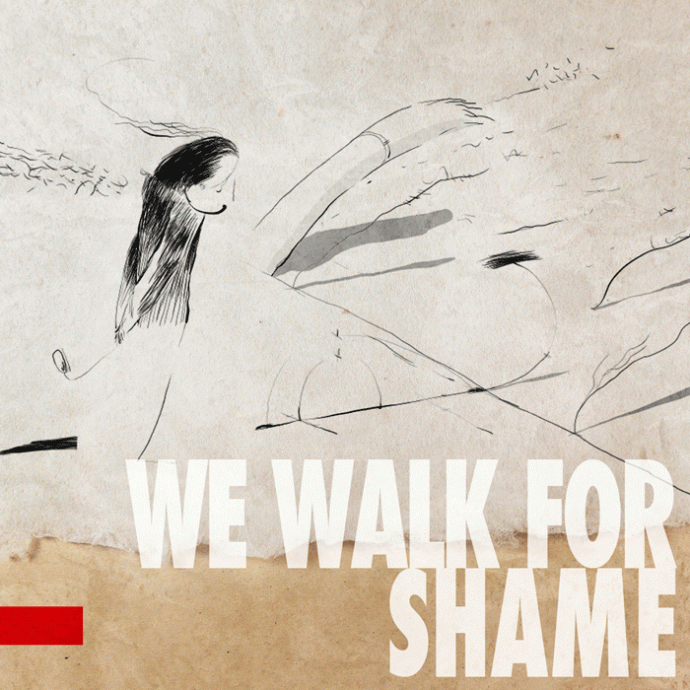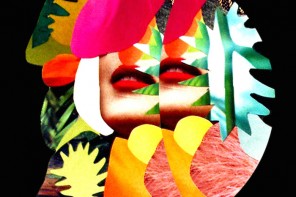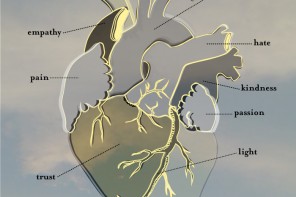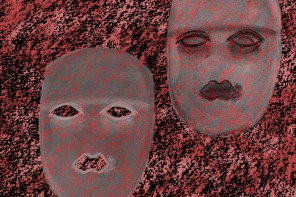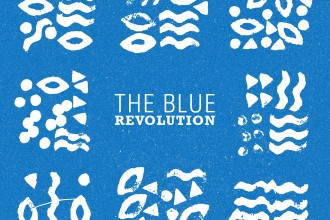Ruzena, an elderly Czech woman, reveals a 65-year-old secret. In the city of Brno during the aftermath of the second world war, Czech nationals began a raid against, and stormed the homes of, suspected German nationals. They showed no mercy. Her story of pure horror describes the merciless treatment her family suffered at the hands of Czech and Soviet soldiers.
I have kept this to myself for over 65 years. I never wanted to share it; such horrible memories. I was prevented my whole life from sharing this story.
My mother was a Czech national, my father a German and former Nazi collaborator. It was not his job of choice. We were a rather poor family and he took the job because it was all that was available. Neither I nor my mother were aware of what his position entailed. The last time I saw him I was 8 years old. From what I understand, he died in a Soviet camp in Germany after the war. During this time it was of course dangerous to have connections to Germany. We struggled with collective guilt and it threatened our survival as the war came to an end. Women with German husbands and children with German fathers were subjected to horrible treatment once the Soviets invaded the Czech Republic.
I recall a midnight in March 1945, a strange man came into our family home shouting, ´Get the fuck out you fucking Nazis!´ He began to beat my half-blind, pregnant mother with a stick calling her a German whore. They gave us no time to dress properly. We were thrown out of our home onto the cold street where we were told we would be going for a ´Walk of Shame´ through the streets of Brno. I lost my shoes in the hurry and was forced to walk barefoot. I remember being very confused. I did not understand German. I didn’t understand why I was being called German, I was Czech.
Many other’s had been forced from their homes as well. The crowd consisted primarily of the elderly, women and children. If an elderly person couldn’t continue walking, the guards would beat her and leave her lying on the ground to die in the ditches among heaps of trash and other decaying bodies. We were brought to concentration camps such as Rajhrad, Modrice and Pohorelice and then we’d be forced to march again. It went on like this for days.
The guards and soldiers were ruthless. They would beat women continuously. My mother was often beaten by the guards in spite of the fact that she was heavily pregnant. When she finally gave a birth, the child, my sister, was still-born.
My younger sister Magdalena who was only four became ill. A Soviet doctor said she would be fine but she died a few days later in my mother’s pitiful arms. My mother wrapped little Magdalena in a blanket and we hoped to hold an improptu burial, but the Soviet soldiers would not allow it. They robbed the body from my mother to place it in a mass burial. They cruelly began tossing the body between each other, the blanket fell from her beautiful, lifeless face afterwhich they started playing with her as though she were a puppet. My mother pleaded with them to stop. ´Shut the fuck up,´ they said as they threated to take the lives of myself and my older sister. It was then she began to rely on prayer to save our lives.
To make matters even worse there was word of Soviet soldiers sexually abusing young girls and women. My mother feared for my older sister, Tereza who, at the time was thirteen years old. Tereza escaped their advances by chronically faking a case of Tyfus. Soviet soldiers raped millions of women following the end of the war.
One particular guard in Pohorelice camp, John Mlynar, made himself infamous through incessent beating of elderly. Our bodies shiverred with fear whenever he came our way. Later, I learned that he was found to be a former Nazi collaborator. The police made an attempt to arrest him, but when they finally reached his home he had already committed suicide.
After many weeks of suffering, my mother’s papers were reviewed and she was finally declared a Czech national. They were obligated to let us go. Certainly we felt blessed to be able to leave that hell-hole, but we entered another with no home, no father, or anywhere to go.
A rich German woman who knew the Soviets gave my mother a fur coat which we were able to trade for food. Because of this woman’s generosity we were able to survive. We later discovered that this woman had been tortured to death.
During WWII there were 60,000 German nationals in Brno. Towards the end of the war, around 40,000 volunteerly evacuated to Germany or Austria. Eventually, 20,000 of us were forced to march on the ´Walk of Death around Brno´. This chapter has been lost to history, but I will no longer allow myself to be silenced by the horror of the past.

